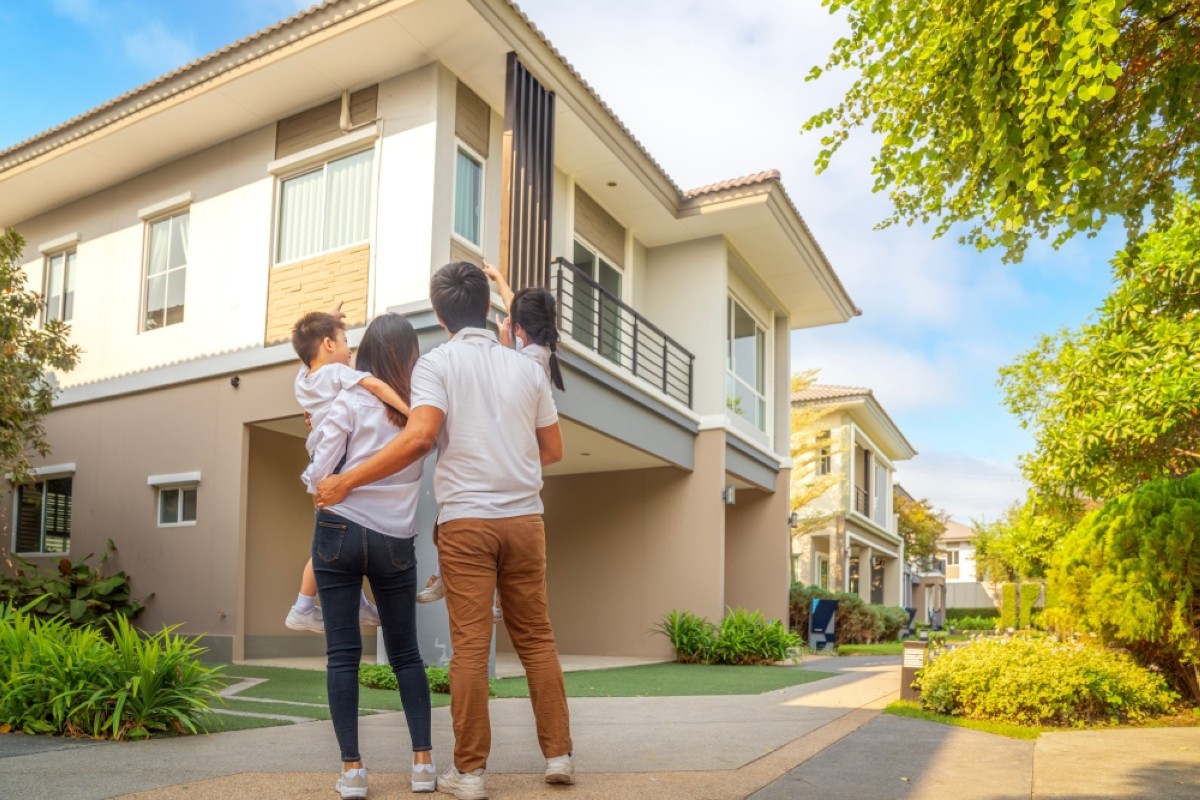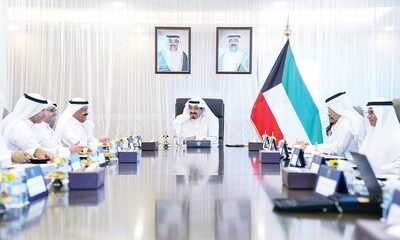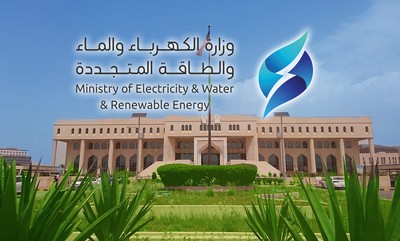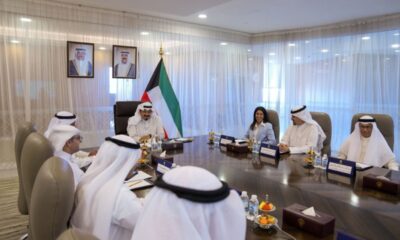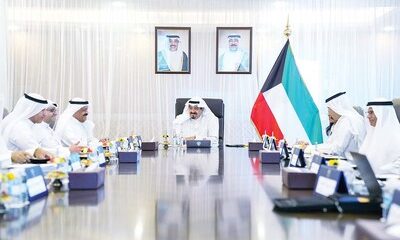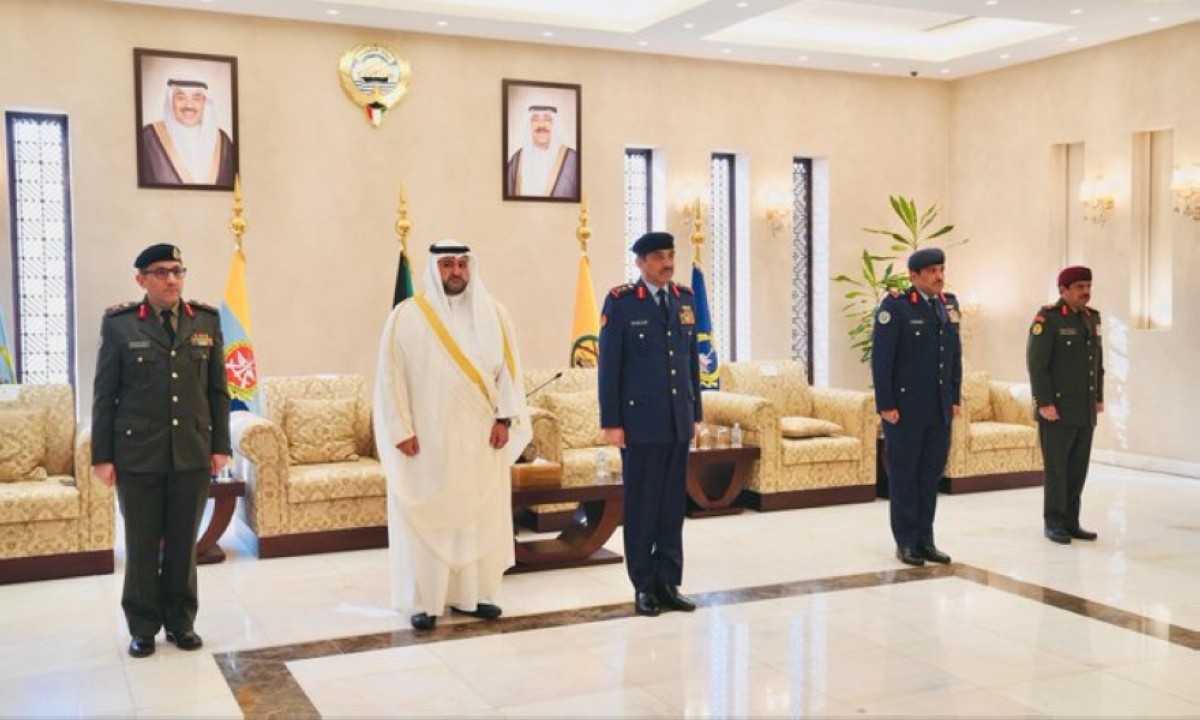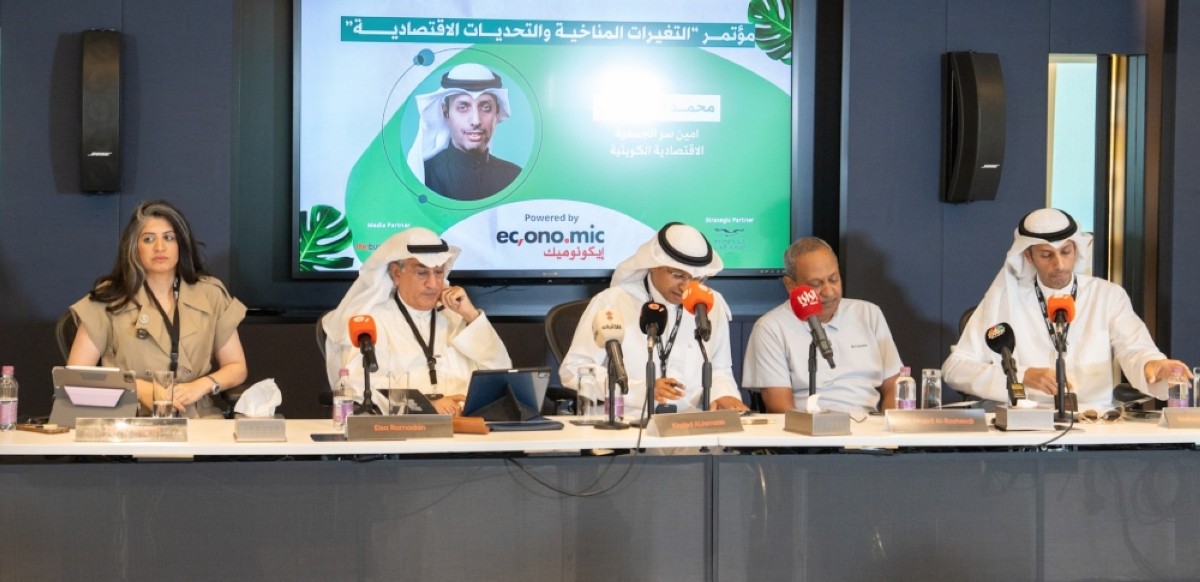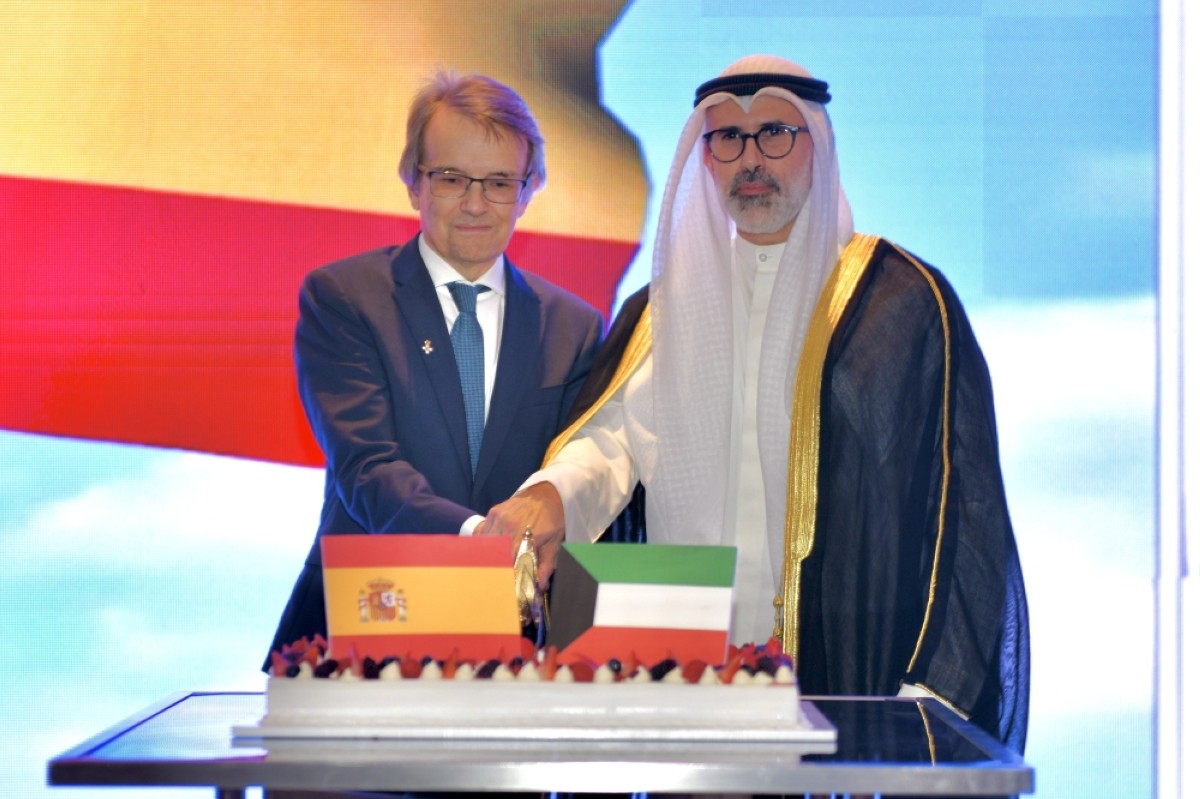By Durnaz Dashti
KUWAIT: It’s been eight years since Abbas Mohammed, a 40-year-old Kuwaiti, first applied for government housing. Like all Kuwaiti citizens, Mohammed is entitled to government housing or a plot of land after marriage as stipulated in the country’s laws. While it’s a privilege many around the world can only dream of, the process isn’t as easy as it seems.
“I have been waiting on the waiting list since 2017 and have not been issued land,” he said. Mohammed was informed by the Public Authority for Housing Welfare (PAHW) that he would be waiting for 10 years to obtain the land. While some people with strong connections have been able to shorten that period, Mohammed hasn’t been successful. “I can’t do anything about it because I don’t have wasta.”
Without his forever home, Mohammed is now living in his father’s house, a temporary arrangement which has become the norm as housing waitlists grow in Kuwait. But Mohammed remains optimistic. He says building new areas is a part of Kuwait’s journey toward progress, regardless of location. “I know that (my new home) will be in a faraway place, most probably in Mutlaa, but I don’t mind as I see it as Kuwait developing further.”
Kuwaitis make up 30 percent of the 4.85 million people living in Kuwait. The population growth, combined with the fact that most development is concentrated in the metropolitan area of Kuwait, has led to a surge in demand for government housing. ‘Lifetime home’ applications increased to approximately 97,671 as of October 2024, according to data issued by the PAHW. Some have been on the list since 1985.
‘Significant progress’
The Kuwaiti government has attempted to address this issue through several initiatives. On Thursday, Kuwait’s Public Authority for Housing Welfare reported what it called “significant progress” in major housing development projects during June, including advances in infrastructure and construction in key areas like South Saad Al-Abdullah and South Sabah Al-Ahmad. Over 3,300 affordable homes are currently under construction, while thousands more are in preparation stages. The authority has also digitized many services to speed up building permit processes, issuing over 32,000 certificates by June.
But the housing demand continues to outpace the rate of city development. Most recently, Kuwait’s top ministers met to reinforce oversight and coordination of housing projects, under direct instructions from HH the Prime Minister Sheikh Ahmad Al-Abdullah Al-Ahmad Al-Sabah.
The discussion, led by ministers Abdullatif Al-Meshari, Noura Al-Mashaan, and Sabeeh Al-Mukhaizeem, focused on removing delays, enhancing collaboration among departments and expediting the rollout of housing infrastructure. The committee underlined the urgency of delivering on citizens’ housing needs while upholding construction quality and adhering to timelines.
Slow construction
Receiving a plot of land from the government doesn’t mean the end of the wait. A 73-year-old Kuwaiti man, who preferred to remain anonymous, recalled applying for housing back in 1992. Although he received a land allocation after six years, during which he rented an apartment, he couldn’t complete construction until 2017. The delay was largely due to persistent shortages in building materials and a slow construction process.
He also noted that the government provides a housing loan of up to KD 70,000 but disburses it in stages. The installments, between KD 2,000 and KD 3,000 each, are tied to phases of construction, such as drafting the house sketch, completing tilling, in addition to tens of other processes.
Government officials carry out field inspections at every stage before releasing the money.
While helpful, this incremental funding can slow down the overall timeline of building a home. As prices of material and labor increase, the funds may not be sufficient for each stage of building. “It took me a long time to complete the construction because the staggered funds weren’t enough to cover everything I wanted to build, especially using good-quality materials and labor,” he told Kuwait Times.
Growing impatient
Another issue facing those waiting for housing is the location of new areas under development. Currently, most residential neighborhoods with housing for Kuwaitis are close to the country’s urban center. But new areas such as Sabah Al-Ahmad City and Al-Mutlaa City are 30 minutes to an hour away by car.
“Since the new areas that are being developed are distant, many families are building a third floor for their kids so that we are not living somewhere so far away and also paying high rent in Kuwait,” Khalid Al-Kandari, a family man, said.
With most people residing in metropolitan areas, rental housing units are becoming increasingly scarce. As a result, many are forced to pay high rent for small living spaces, simply to secure a place to stay. “Growing up as a city kid, I find it unreasonable that many Kuwaitis have to pay a huge chunk of their salary monthly just for apartments in the city,” Al-Kandari said. Due to the time constraints, he is beginning to grow impatient. “At this rate the house would be ready when my child turns 18!”
The long wait and rising cost of living make it increasingly difficult for citizens to afford these temporary housing arrangements. Despite government efforts, many Kuwaitis have little hope that they will be allocated a home any time soon.




